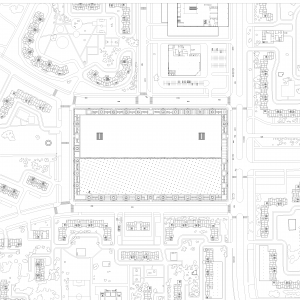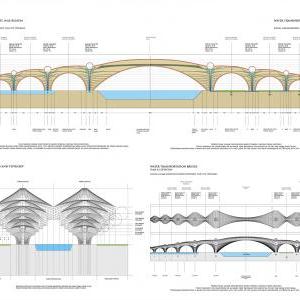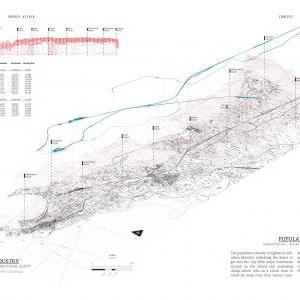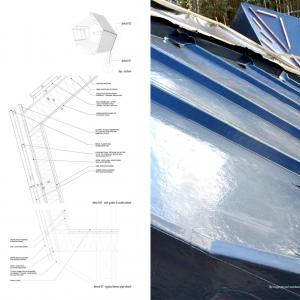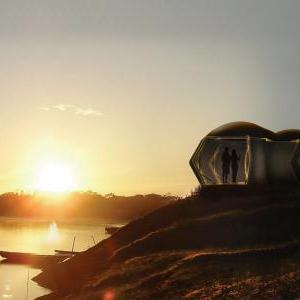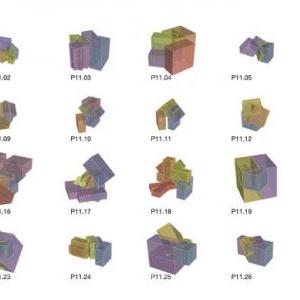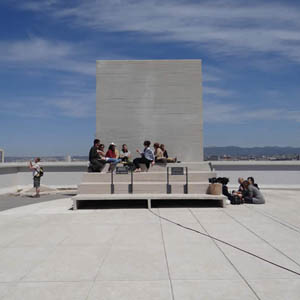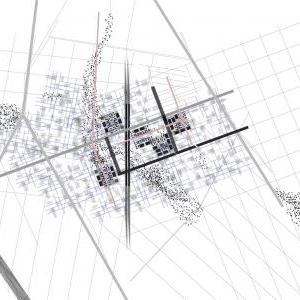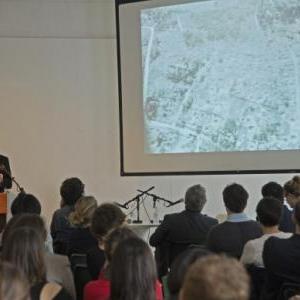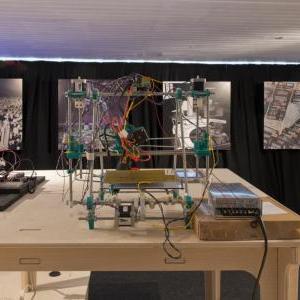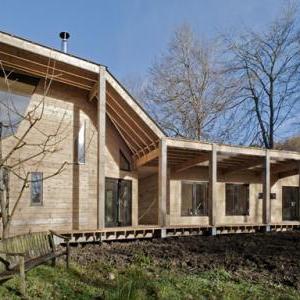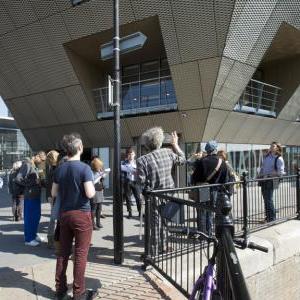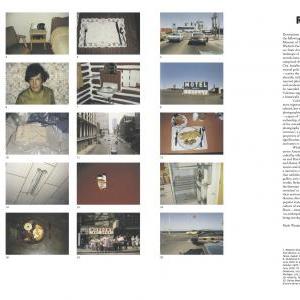The discipline of Landscape Urbanism is, by definition, transdisciplinary. Whilst drawing upon the legacy of landscape design to address the dynamics of contemporary urbanism, it integrates knowledge and techniques from environmental engineering, urban strategy and landscape and political ecology. This is achieved through the use of digital design tools deploying the science of complexity and emergence. All these means are combined to project new material interventions that operate within an urbanism conceived as social, material, ecological and continually modulated by the spatial and temporal forces in which it is networked.
The explosion of India’s urban population over the last few years has resulted in chaotic rapid urbanisation in the subcontinent. Major civil engineering projects are required to cope with a growth that needs to be founded both on the creativity of India’s entrepreneurs and on the grounds of its spatial infrastructures. With predictions of further population growth in India (68 cities of more than one million inhabitants by 2030), Landscape Urbanism is engaging with these conditions of urbanisation, folding its methodology, social ethos and design aspirations into the framework of the rapidly urbanising fringes of major Indian conurbations. Whether it is newly privatised sprawl or the coexistence of huge corporate-oriented campuses, the subcontinent offers the contradictions and potentials for a study that can develop new forms of metropolitanism.
Landscape Urbanism engages both critically and opportunistically with the plans for Delhi-Mumbai Industrial Corridor, a mega-infrastructure project linking the political and business capitals of India. We are exploring the generation of proto-strategies for new large-scale agglomerations as a means of critically addressing the phenomena of mass-produced cities. Students are asked to identify the conditions for their own projects, threading spatial, social and environmental discourses into the large-scale government-led ideas and the localised responses emerging from the found territorial conditions. In their entirety the projects conform to an alternative mode of spatial development where the character of transnational infrastructures have been used to ground a socio-technical alternative for a new urban nature.
Visiting Studio Master
Eva Castro
Master
Co-Direction
José Alfredo Ramírez
Eduardo Rico
Design Tutor
Clara Oloriz
Seminar Tutors
Tom Smith
Douglas Spencer
Visiting Lecturers
Rahul Mehrotra
Peter Trummer
Graham Shane
Françoise Fromonot
Lars Lerup
Jon Goodbun
Eelco Hoffman
AALU in the Field Workshop Partners
ARUP
Haringey Council
Greater London Authority
The discipline of Landscape Urbanism is, by definition, transdisciplinary. Whilst drawing upon the legacy of landscape design to address the dynamics of contemporary urbanism, it integrates knowledge and techniques from environmental engineering, urban strategy and landscape and political ecology. This is achieved through the use of digital design tools deploying the science of complexity and emergence. All these means are combined to project new material interventions that operate within an urbanism conceived as social, material, ecological and continually modulated by the spatial and temporal forces in which it is networked.
The explosion of India’s urban population over the last few years has resulted in chaotic rapid urbanisation in the subcontinent. Major civil engineering projects are required to cope with a growth that needs to be founded both on the creativity of India’s entrepreneurs and on the grounds of its spatial infrastructures. With predictions of further population growth in India (68 cities of more than one million inhabitants by 2030), Landscape Urbanism is engaging with these conditions of urbanisation, folding its methodology, social ethos and design aspirations into the framework of the rapidly urbanising fringes of major Indian conurbations. Whether it is newly privatised sprawl or the coexistence of huge corporate-oriented campuses, the subcontinent offers the contradictions and potentials for a study that can develop new forms of metropolitanism.
Landscape Urbanism engages both critically and opportunistically with the plans for Delhi-Mumbai Industrial Corridor, a mega-infrastructure project linking the political and business capitals of India. We are exploring the generation of proto-strategies for new large-scale agglomerations as a means of critically addressing the phenomena of mass-produced cities. Students are asked to identify the conditions for their own projects, threading spatial, social and environmental discourses into the large-scale government-led ideas and the localised responses emerging from the found territorial conditions. In their entirety the projects conform to an alternative mode of spatial development where the character of transnational infrastructures have been used to ground a socio-technical alternative for a new urban nature.
Visiting Studio Master
Eva Castro
Master
Co-Direction
José Alfredo Ramírez
Eduardo Rico
Design Tutor
Clara Oloriz
Seminar Tutors
Tom Smith
Douglas Spencer
Visiting Lecturers
Rahul Mehrotra
Peter Trummer
Graham Shane
Françoise Fromonot
Lars Lerup
Jon Goodbun
Eelco Hoffman
AALU in the Field Workshop Partners
ARUP
Haringey Council
Greater London Authority
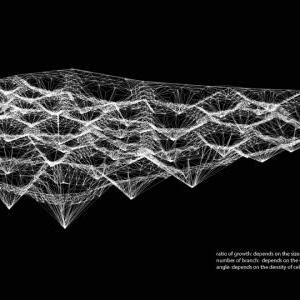
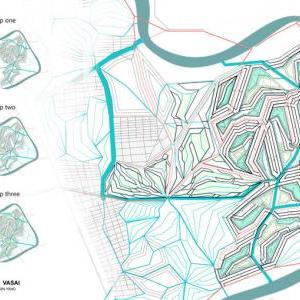
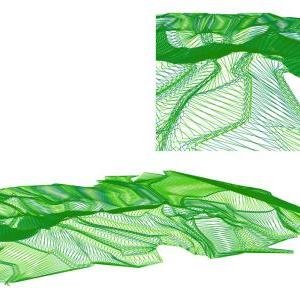
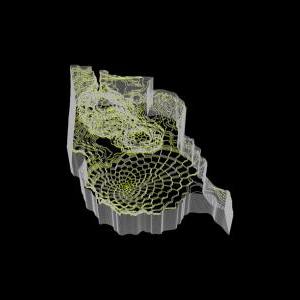
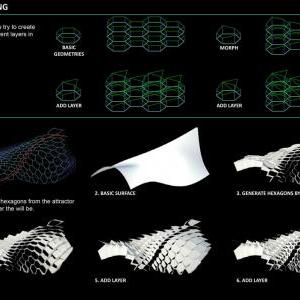


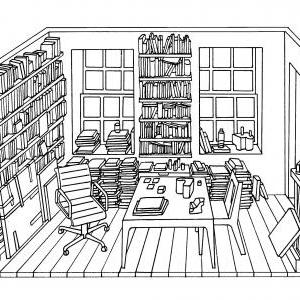
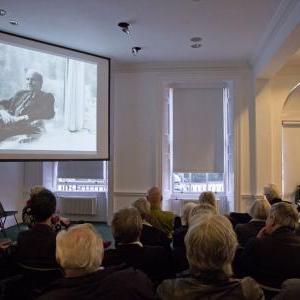

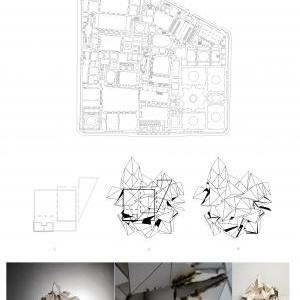
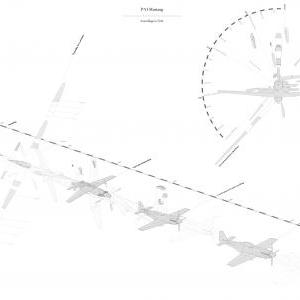

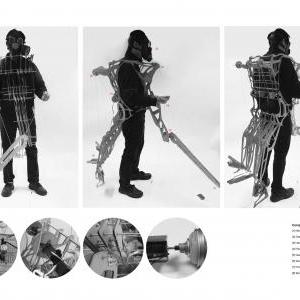

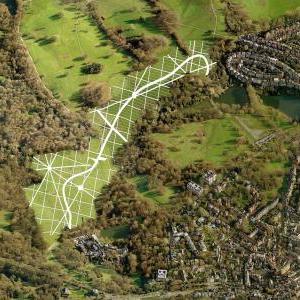
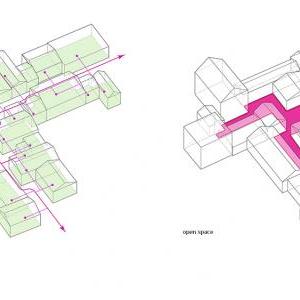
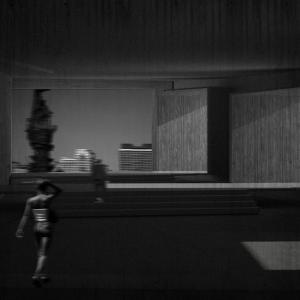
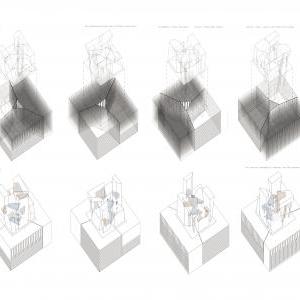
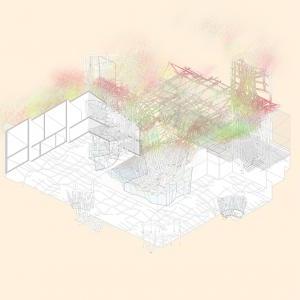
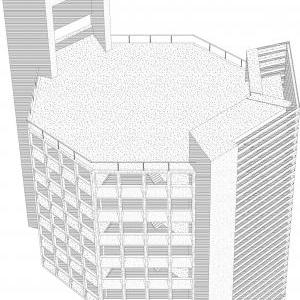
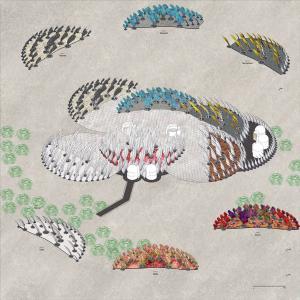

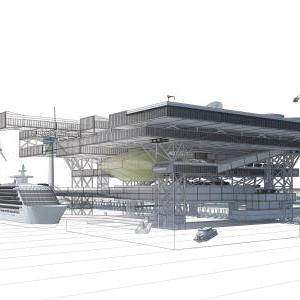
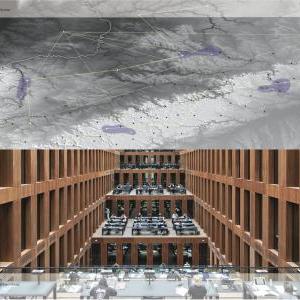
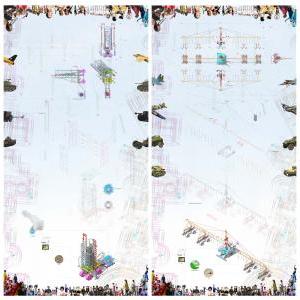
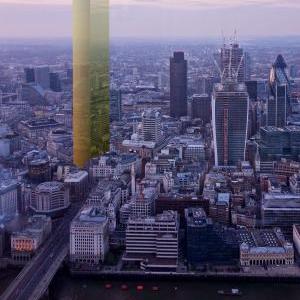
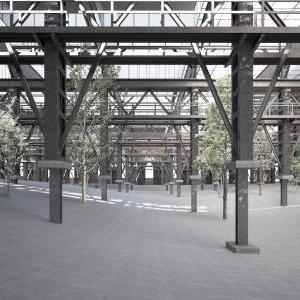
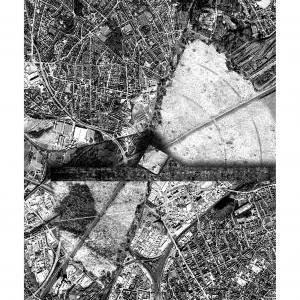
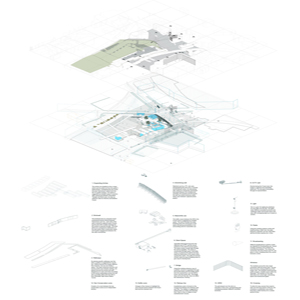
.jpg)
